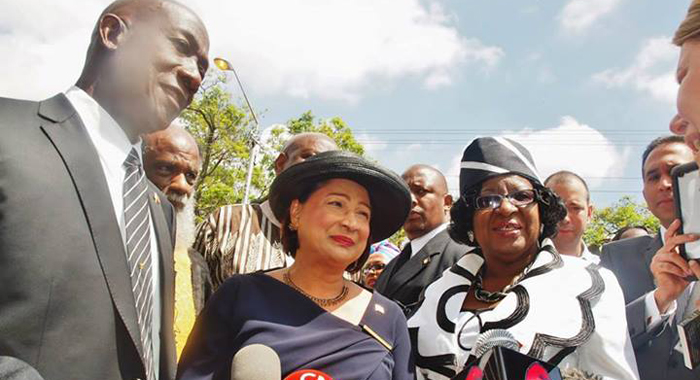
In line with his inherent humility, the great statesman Nelson Mandela often emphasised that the value of his work lay with the people with whom he worked and motive behind the struggle. In “Long Walk to Freedom”, Mandela’s 1995 autobiography, he said:
“I have always believed that to be a freedom fighter one must suppress many of the personal feelings that make one feel like a separate individual rather than part of a mass movement. One is fighting for the liberation of millions of people, not the glory of one individual.”
Indeed, Mandela’s legacy is one of communion with his fellow men. Befittingly, while his body lays in state at the Union Buildings in Pretoria over the next three days, I too shall join the masses in paying final respects before his family says an even more personal and heartfelt goodbye.
The Union Buildings are the official seat of the South African government. Mr. Mandela was also sworn in as the country’s first black president at the site in 1994. As a tribute to his predecessor, current South African President, Jacob Zuma, announced at the Memorial Service on Tuesday that the Union Buildings will henceforth be known as the Mandela Amphitheatre.
The great former South African President will forever be revered worldwide for successfully shepherding the country towards a peaceful transition to multiracial democracy after three centuries of white domination.
Remarkably, after serving 27 years of a life imprisonment sentence, Mandela returned more determined than ever and led an apartheid divided South Africa towards an all-race democracy, becoming the nation’s first black president in 1994.
As we celebrate the life and works of Mandela, let us remember him the way in which he desired. In 1994, in an interview for the documentary “Mandela”, he said, “Death is something inevitable. When a man has done what he considers to be his duty to his people and his country, he can rest in peace. I believe I have made that effort and that is, therefore, why I will sleep for the eternity.”





